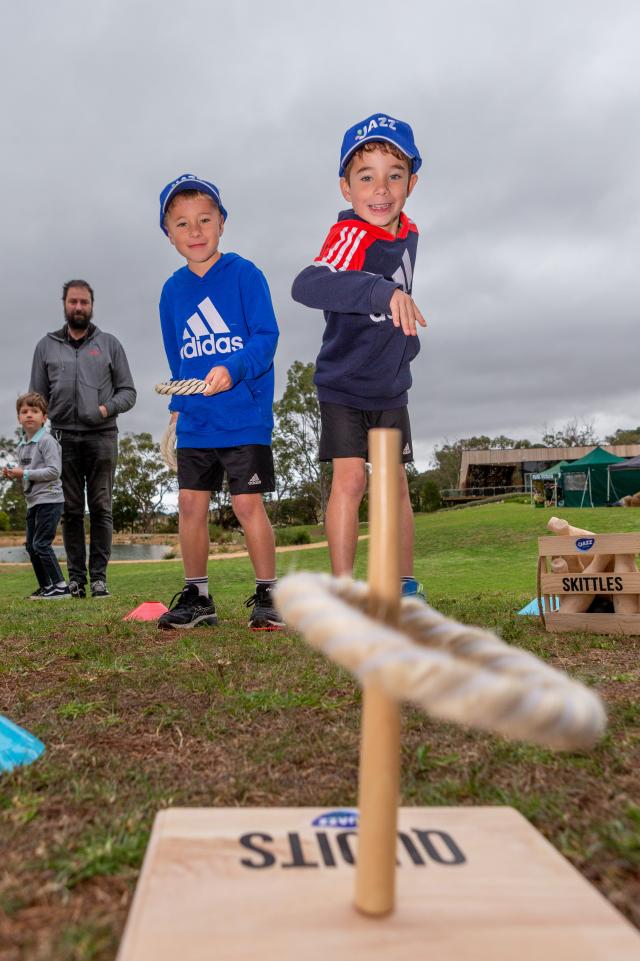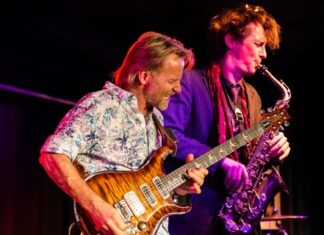160 YEARS AGO IN GEELONG
(From the pages of the Geelong Chronicle)
QUOITS
The game or sport of quoits was popular in Geelong in the 1860s.
The origin of the game is ancient. Greeks and Romans would throw metal or wooden hoops, from a certain distance, at a hob (or spike) anchored in the ground. The aim of the game was for the hoop to land over the spike, with the spike at its centre. This scored maximum points. Points were also awarded for landing the quoit nearest to the hob.
Over time, the game was played with hardened rubber or rope hoops, ranging from four to twelve pounds in weight, generally thrown out-of-doors. In the 20th Century, the game predominantly moved indoors, played in halls and parlors, although country fetes and sporting gatherings still saw a role for outdoor quoits. Nowadays it is rarely played – perhaps it is seen as “too tame”.
There was an attempt to start a quoits club in Geelong in 1859 but it came to nothing.
Eventually a club – the West-End Quoits Club – was formed in 1861 by members of the West-End Cricket Club seeking a winter pastime. It was based at Kelly’s, Crown Hotel, Ashby, where there was a dedicated quoits ground at the back of the hotel. The first president of the club was William McMullen.
As the only quoits club in Geelong, its name was changed to the Geelong Quoits Club in 1863. That same year it hosted a series of matches against a Melbourne club, the Fitzroy Select Quoits Club, the ‘crack team’ of the colony.
According to the Geelong Chronicle, the first match was played at Melbourne and saw an unexpected but welcome victory for the Geelong club. The return match at Kelly’s Hotel again saw the locals victorious. They had had two wins over their Melbourne rivals.
Attendance at the ground had been ‘very numerous’ and ‘the utmost harmony prevailed’.
Players and admirers then adjourned to the hotel’s long room for a public dinner.
Quoits was also offered at various sporting gatherings in and around Geelong in 1863, including horse races at Belmont and at the White Horse Hotel, Moolap; at several hotels in Geelong; and at the Yarborough Inn, Connewarre.
This article was provided by the Geelong Historical Society. For enquiries, email admin@geelonghistoricalsociety.org.au or write C/- P.O. Box 7129, Geelong West, 3218.









